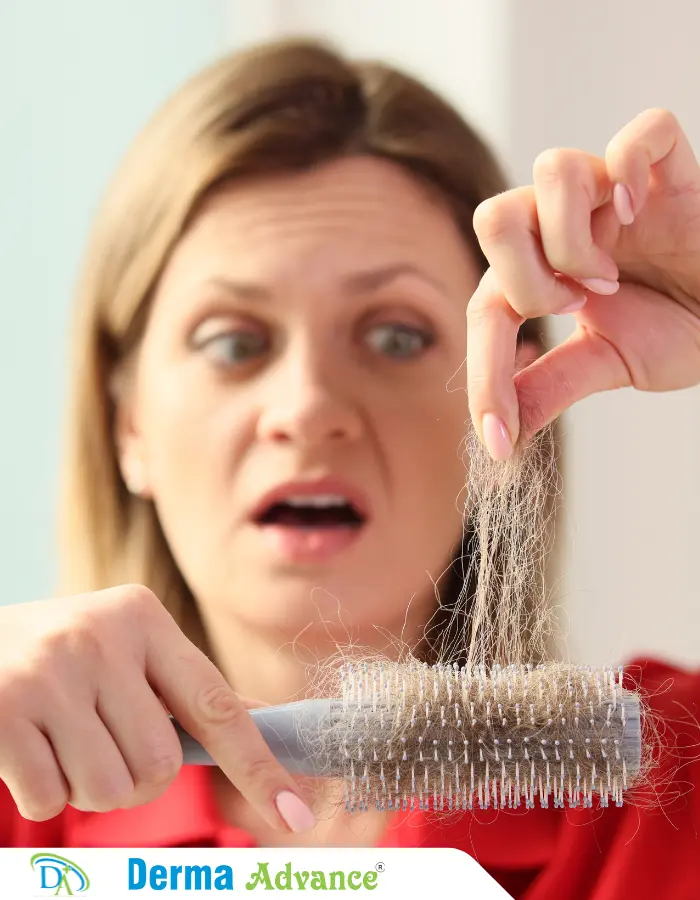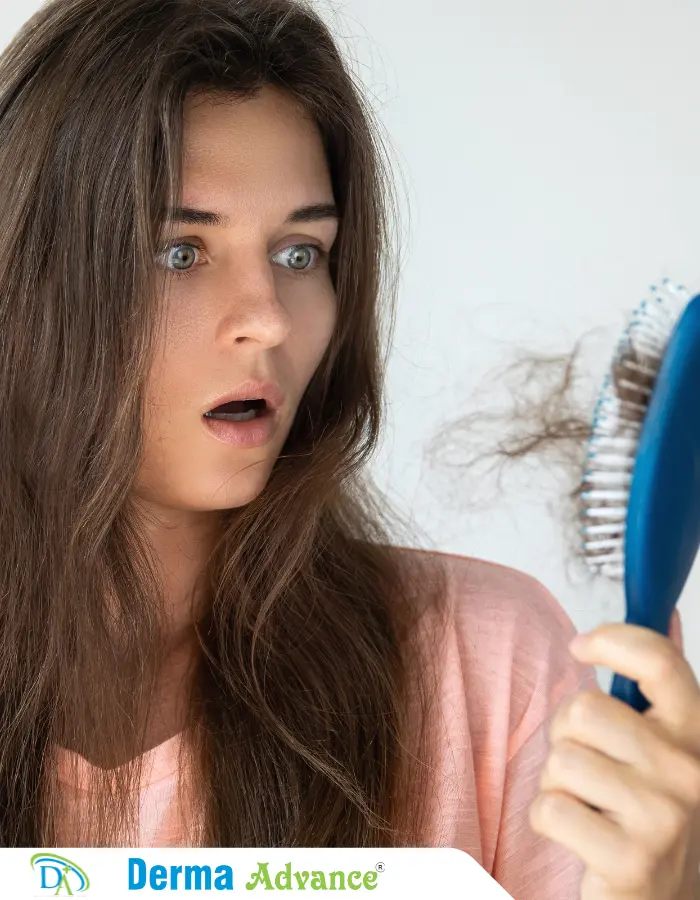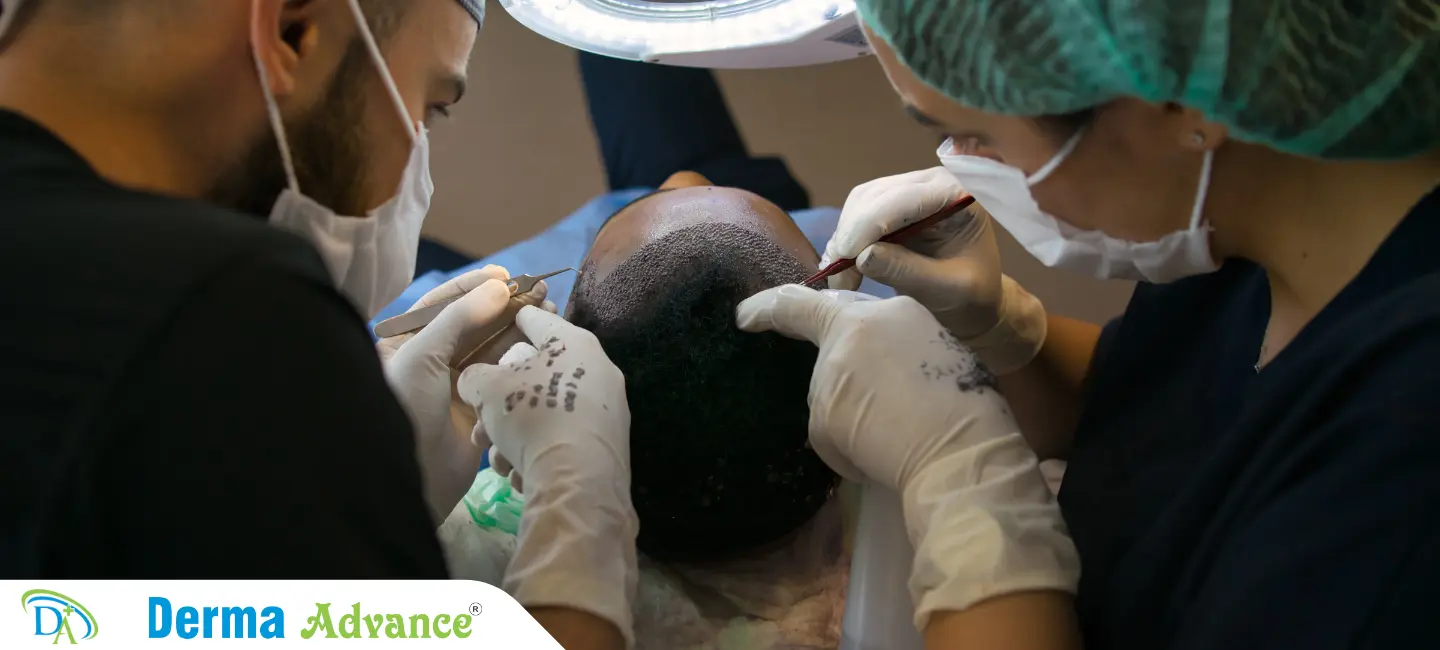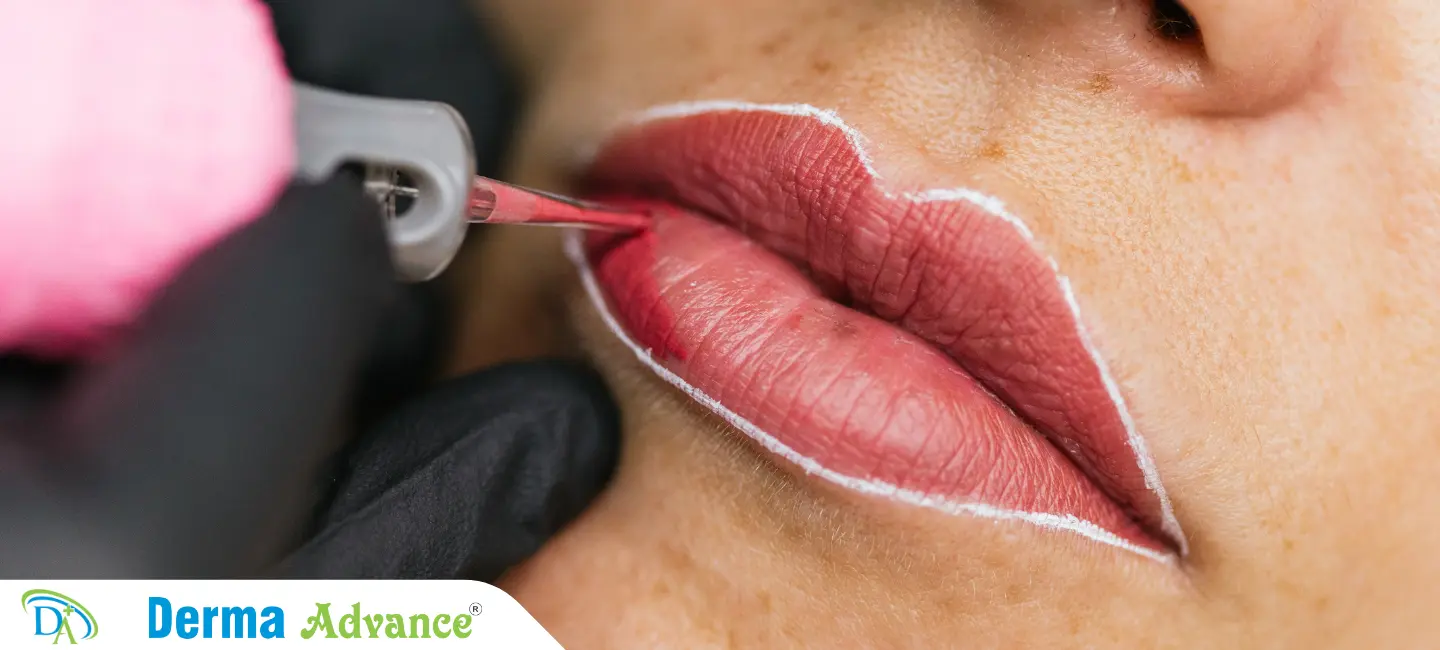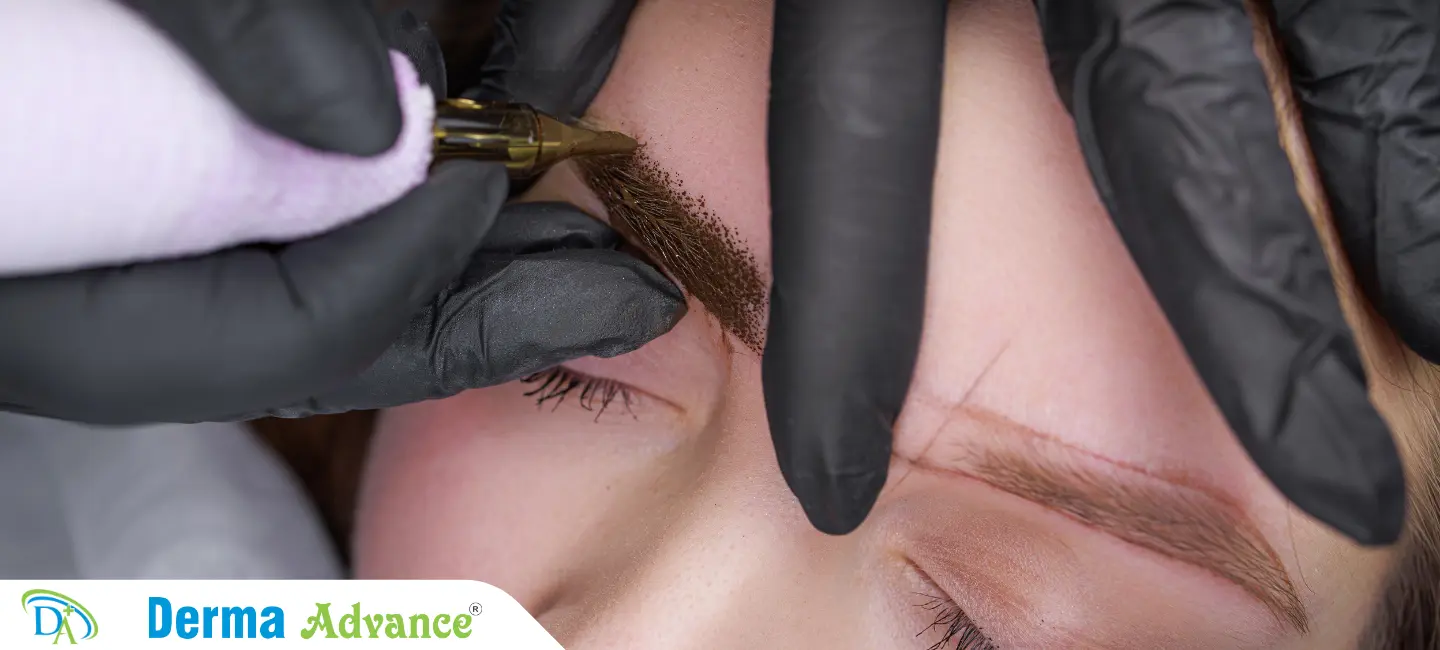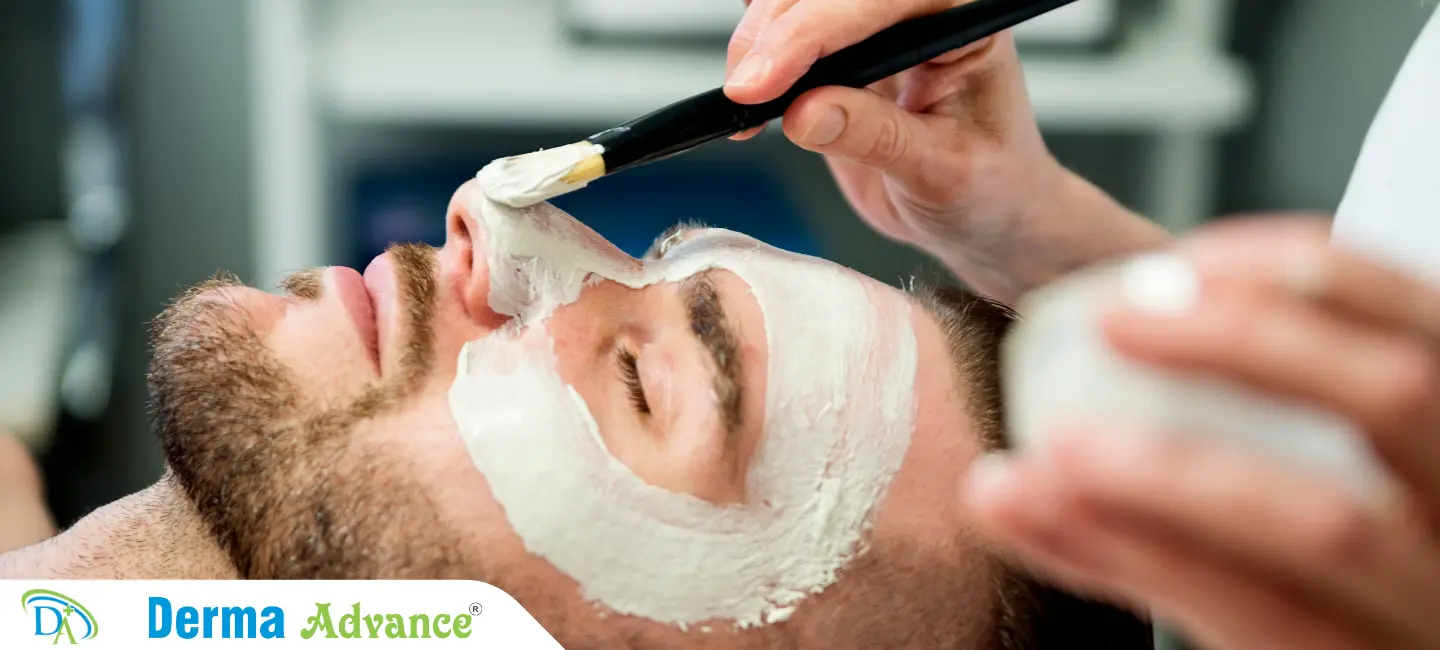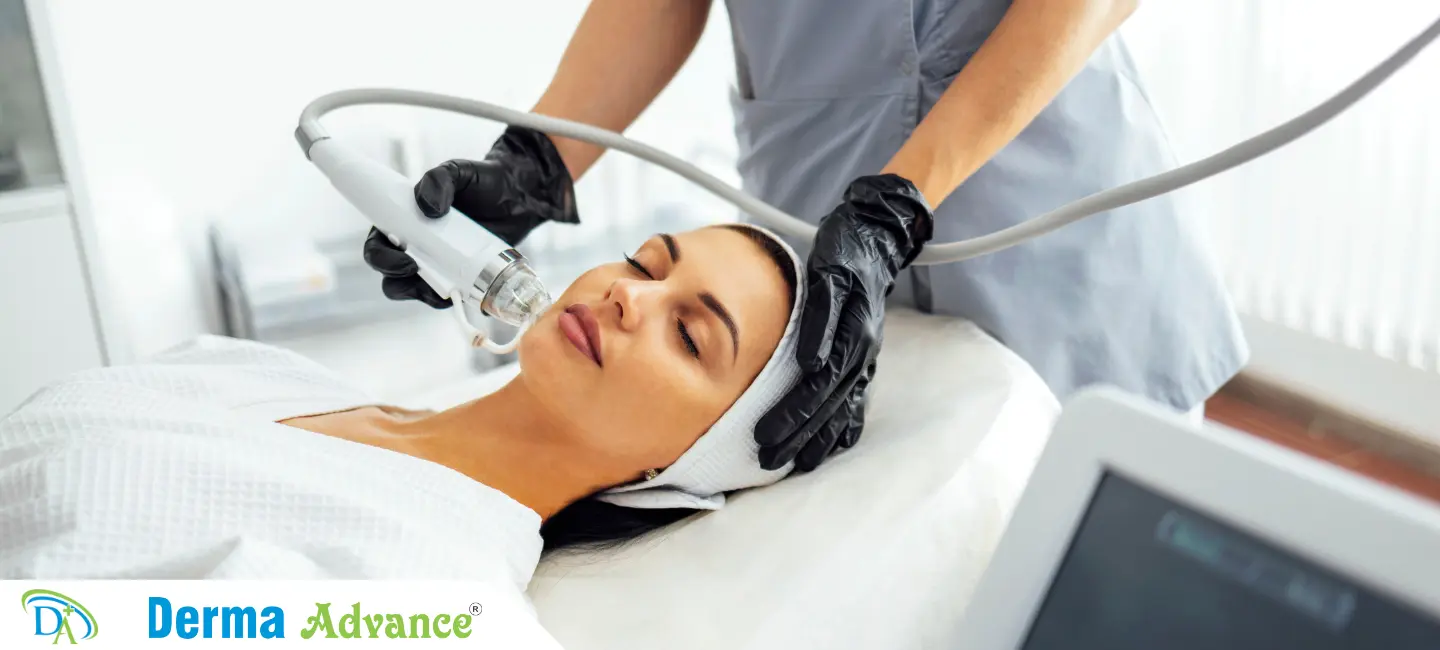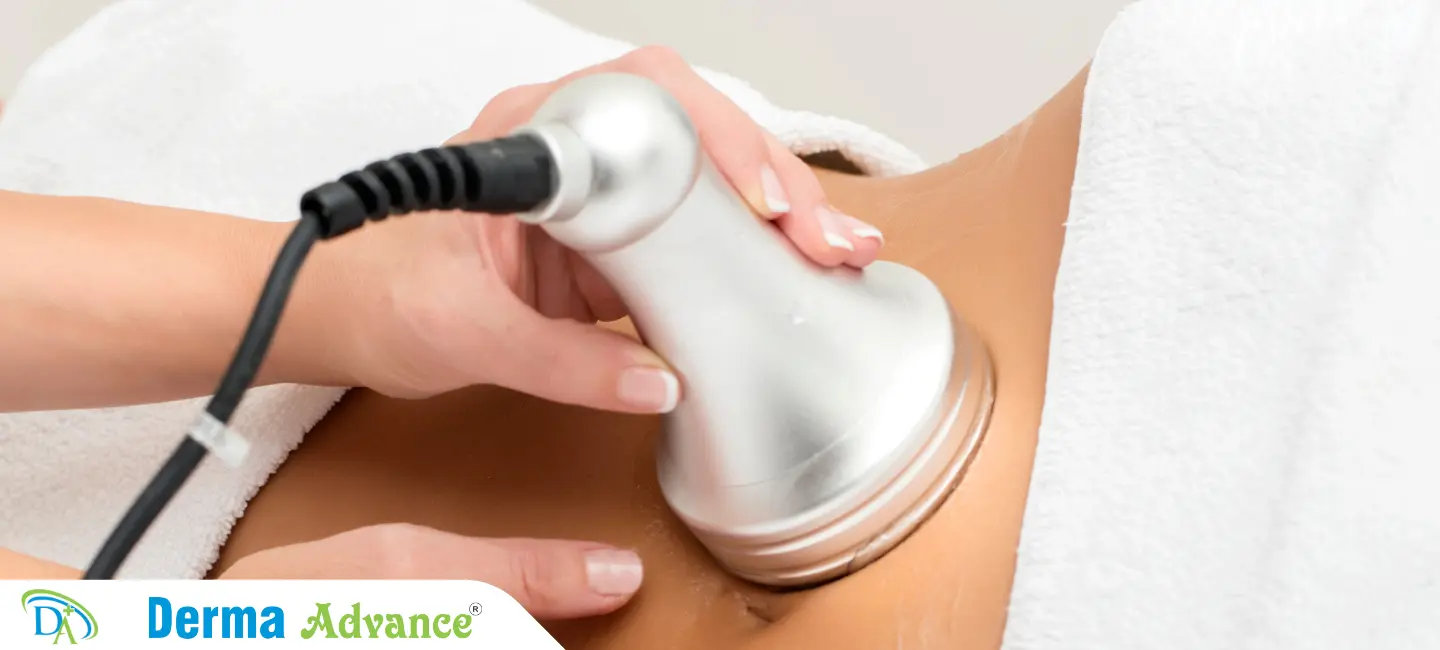What is Telogen Effluvium?
Telogen effluvium is a reversible condition causing excessive hair shedding due to stress, illness, medication, or hormonal changes, disrupting the hair growth cycle.
Telogen effluvium occurs when a significant stressor causes a large number of hair follicles to enter the telogen (resting) phase prematurely. This results in excessive shedding, noticeable several months after the triggering event.
Common triggers include childbirth, surgery, severe illness, emotional stress, and certain medications. Hair loss is diffuse, often without scalp visibility changes, and typically resolves within 6-12 months after addressing the underlying cause.
Immense Care
We aim to provide immense care tailored to manage and treat your health condition. Be assured, you are in safe hands!
Modern Techniques
We provide modern treatments to ensure you get the quickest and most effective solution to your health conditions!
Symptoms of Telogen Effluvium
What are the Symptoms of Telogen Effluvium?
Telogen effluvium presents as sudden, diffuse hair shedding occurring months after a triggering event. Hair loss is noticeable during hair washing, brushing, or styling, with increased shedding affecting scalp hair density.
Stressors disrupt the normal hair growth cycle, causing more hairs to enter the telogen phase prematurely. This results in thinner hair volume and reduced scalp coverage over time, though hair follicles remain intact.
Management involves identifying and addressing the underlying trigger, promoting healthy hair regrowth through balanced nutrition, stress reduction, and, if necessary, medical intervention to accelerate recovery.
Excessive Hair Shedding
Noticeable increase in hair shedding during routine activities like washing, brushing, or styling, indicative of telogen effluvium.
Reduced Hair Density
Gradual thinning of scalp hair due to premature entry of hair follicles into the telogen phase, resulting in diminished hair volume and coverage.
Scalp Hair Loss
Diffuse hair loss across the scalp without distinct pattern baldness, commonly triggered by recent stressors or medical conditions.
Delayed Hair Regrowth
Slower than usual hair regrowth following a telogen effluvium episode, despite resolution of triggering factors, requiring patience and supportive care for recovery.
No Scalp Visibility Changes
Absence of visible scalp exposure or bald patches despite increased hair shedding, distinguishing telogen effluvium from other hair loss conditions.
Hair Texture Changes
Alterations in hair texture, such as increased brittleness or dryness, accompanying telogen effluvium episodes due to disrupted hair growth cycles.
Diagnosis of Telogen Effluvium
1
Hair Shedding Patterns
Assessing sudden, diffuse hair shedding occurring months after a triggering event, distinguishing telogen effluvium from other hair loss conditions with distinct pattern baldness.
2
Medical History Review
Comprehensive review of patient history, including recent surgeries, illness, emotional stressors, or medication changes potentially triggering telogen effluvium episodes.
3
Scalp Examination
Dermatological evaluation of scalp health, hair follicle condition, and presence of miniaturized hairs indicative of telogen effluvium, guiding diagnostic assessments and treatment planning.
4
Trichogram Analysis
Microscopic examination of hair shafts and follicles to assess hair growth patterns, follicle health, and stages of the hair growth cycle in telogen effluvium patients.
5
Hormonal Assessment
Testing hormone levels, including thyroid function and reproductive hormones, to identify hormonal imbalances contributing to telogen effluvium and guide targeted treatment approaches.
6
Scalp Biopsy (if needed)
Surgical procedure to obtain scalp tissue samples for microscopic analysis, aiding in diagnosing telogen effluvium and ruling out other scalp conditions affecting hair health.
Book Your Appointment
Find Solution to Telogen Effluvium Now!
Meet Our Expert Telogen Effluvium Specialists


Treatment of Telogen Effluvium
How is Telogen Effluvium treated?
Treatment strategies for telogen effluvium focus on identifying and addressing underlying triggers to halt excessive hair shedding. Supportive care includes optimizing nutrition, managing stress levels, and discontinuing offending medications if applicable.
Topical minoxidil may be recommended to stimulate hair regrowth and prolong the anagen (growth) phase of hair follicles. Supplements like biotin and iron support hair health, while lifestyle adjustments promote overall well-being and hair recovery.
Severe or persistent cases may benefit from dermatological evaluation for targeted therapies like corticosteroid injections or platelet-rich plasma (PRP) therapy to expedite hair regrowth and restore hair volume.
Topical Minoxidil
FDA-approved solution applied to the scalp to promote hair regrowth, prolong the anagen phase, and reduce excessive hair shedding in telogen effluvium patients.
Nutritional Supplements
Oral supplements like biotin and iron to support hair follicle health, enhance hair growth, and address nutritional deficiencies contributing to telogen effluvium.
Stress Management
Techniques and therapies to reduce stress levels, mitigate cortisol effects on hair follicles, and promote recovery from telogen effluvium-triggered hair shedding.
Medical Evaluation
Dermatological assessment to identify underlying medical conditions or hormonal imbalances contributing to telogen effluvium, guiding targeted treatment approaches.
Lifestyle Modifications
Adopting healthy lifestyle habits, including balanced nutrition, regular exercise, and adequate sleep, to support overall well-being and optimize hair regrowth in telogen effluvium recovery.
Advanced Therapies
-
- Specialized treatments such as corticosteroid injections or platelet-rich plasma (PRP) therapy to accelerate hair regrowth, restore hair density, and improve cosmetic outcomes in severe telogen effluvium cases.
-
Causes of Telogen Effluvium
1
Physical Stressors
Major physical stress events like childbirth, surgery, or severe illness that induce a telogen effluvium response, causing temporary hair shedding and thinning.
2
Emotional Stress
Emotional stressors such as grief, anxiety, or significant life changes that impact cortisol levels and trigger telogen effluvium episodes in susceptible individuals.
3
Medications
Prescription medications known to cause hair shedding as a side effect, including chemotherapy drugs, antidepressants, and anticoagulants, contributing to telogen effluvium onset.
4
Hormonal Changes
Fluctuations in hormone levels, such as postpartum hormonal shifts or thyroid disorders, disrupting the hair growth cycle and leading to telogen effluvium-related hair shedding.
5
Nutritional Deficiencies
Inadequate intake of essential vitamins and minerals crucial for hair follicle health, including iron, biotin, and zinc, contributing to telogen effluvium development and hair loss.
6
Chronic Illness
Long-term medical conditions or systemic illnesses that disrupt metabolic processes, weaken hair follicles, and trigger prolonged telogen effluvium episodes requiring comprehensive medical management.
How to Prevent Telogen Effluvium?
Telogen effluvium is a reversible condition causing excessive hair shedding due to stress, illness, medication, or hormonal changes, disrupting the hair growth cycle.
Proactively managing stress through relaxation techniques and stress reduction therapies is crucial in preventing telogen effluvium episodes triggered by emotional or physical stressors.
A balanced diet rich in vitamins and minerals supports optimal hair follicle function, while avoiding crash diets or drastic weight changes prevents nutritional deficiencies that contribute to hair shedding. Consultation with healthcare providers before starting new medications reduces the risk of drug-induced hair loss, ensuring comprehensive hair health management and prevention strategies.


